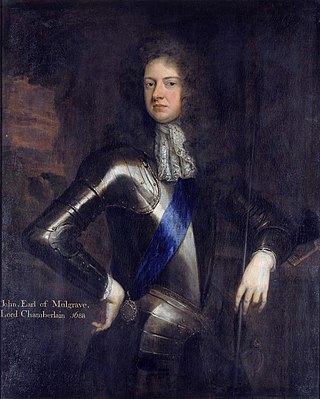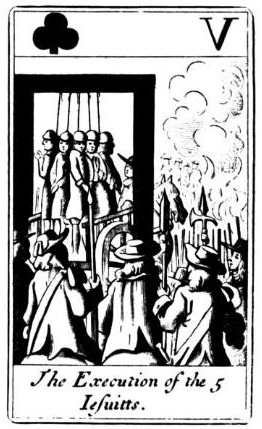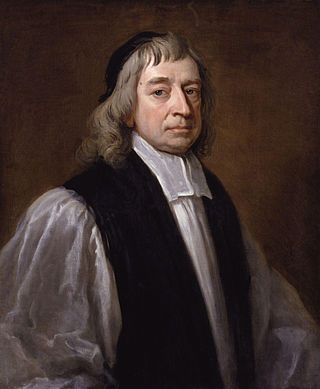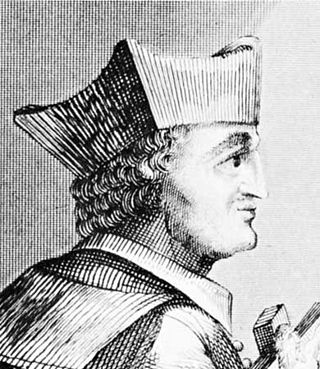
Sir Francis Windebank was an English politician who was Secretary of State under Charles I.

John Sheffield, 1st Duke of Buckingham and Normanby, was an English poet and Tory politician of the late Stuart period who served as Lord Privy Seal and Lord President of the Council. He was also known by his original title, Lord Mulgrave.

Edward Villiers, 1st Earl of Jersey was an English peer, courtier, and statesman of the Villiers family. He was created Baron Villiers and Viscount Villiers in 1691 and Earl of Jersey in 1697. A leading Tory politician opposed to the Whig Junto, he was made Southern Secretary in 1699.

Colonel James Archibald Stuart-Wortley-Mackenzie, 1st Baron Wharncliffe, PC was a British soldier and politician. A grandson of Prime Minister John Stuart, 3rd Earl of Bute, he held office under Sir Robert Peel as Lord Privy Seal between 1834 and 1835 and as Lord President of the Council between 1841 and 1845.

Baron Petre, of Writtle, in the County of Essex, is a title in the Peerage of England. It was created in 1603 for Sir John Petre. His family has since been associated with the county of Essex. He represented Essex in parliament and served as Lord Lieutenant of Essex. Lord Petre was the son of Sir William Petre, Secretary of State to Henry VIII, Mary I, Edward VI and Elizabeth I. Sir William acquired Ingatestone Hall and the surrounding manor from Henry for the full market value after it had been surrendered to the King by Barking Abbey during the Suppression of the Monasteries.

Archibald Campbell, 1st Duke of Argyll, 10th Earl of Argyll was a Scottish peer.

The Popish Plot was a fictitious conspiracy invented by Titus Oates that between 1678 and 1681 gripped the kingdoms of England and Scotland in anti-Catholic hysteria. Oates alleged that there was an extensive Catholic conspiracy to assassinate Charles II, accusations that led to the executions of at least 22 men and precipitated the Exclusion Bill Crisis. During this tumultuous period, Oates weaved an intricate web of accusations, fueling public fears and paranoia. However, as time went on, the lack of substantial evidence and inconsistencies in Oates's testimony began to unravel the plot. Eventually, Oates himself was arrested and convicted for perjury, exposing the fabricated nature of the conspiracy.

Charles Jenkinson, 1st Earl of Liverpool, PC, known as Lord Hawkesbury between 1786 and 1796, was a British statesman. He was the father of Prime Minister Robert Jenkinson, 2nd Earl of Liverpool.

Henry Compton was an English Army officer and Anglican clergyman who served as the Bishop of London from 1675 to 1713.
Henry Arundell, 3rd Baron Arundell of Wardour, PC was a Peer of England during the 17th century, and the most famous of the Lords Arundell of Wardour. He served as Lord Privy Seal and Lord High Steward, and was appointed to the Privy Council. During the Popish Plot he suffered a long period of imprisonment, although he was never brought to trial.

Edward Stanley, was an English clergyman who served as Bishop of Norwich between 1837 and 1849. He set about combating laxity and want of discipline among the clergy.
William Maxwell, 5th Earl of Nithsdale, was a Roman Catholic member of the Scottish nobility who took part in the Jacobite rising of 1715. He was attainted with his titles forfeited. However, Lord Nithsdale made a celebrated escape from the Tower of London by changing clothes with his wife's maid the day before he was due to be executed. The lordship of Herries of Terregles was later restored to his descendants and remains extant.
Sir Francis Englefield was an English courtier and Roman Catholic exile.

Sir William Wade was an English statesman and diplomat, and Lieutenant of the Tower of London.

Sir John Taylor Coleridge was an English judge, the second son of Captain James Coleridge and nephew of the poet Samuel Taylor Coleridge.

Sir Jonathan Trelawny, 3rd Baronet was Bishop of Bristol, Bishop of Exeter and Bishop of Winchester. Trelawny is best known for his role in the events leading up to the Glorious Revolution which are sometimes believed to be referenced in the Cornish anthem "The Song of the Western Men".
Thomas Fitzherbert was an English Jesuit.

Herbert Croft (1603–1691) was an English churchman, bishop of Hereford from 1661.

The Petre Baronetcy, of Cranham Hall in the County of Essex, was a title in the Baronetage of England. It was created in circa 1642 for Francis Petre. The third Baronet was a Jesuit and close adviser to King James II. The title became extinct on the death of the fifth Baronet in 1722.















